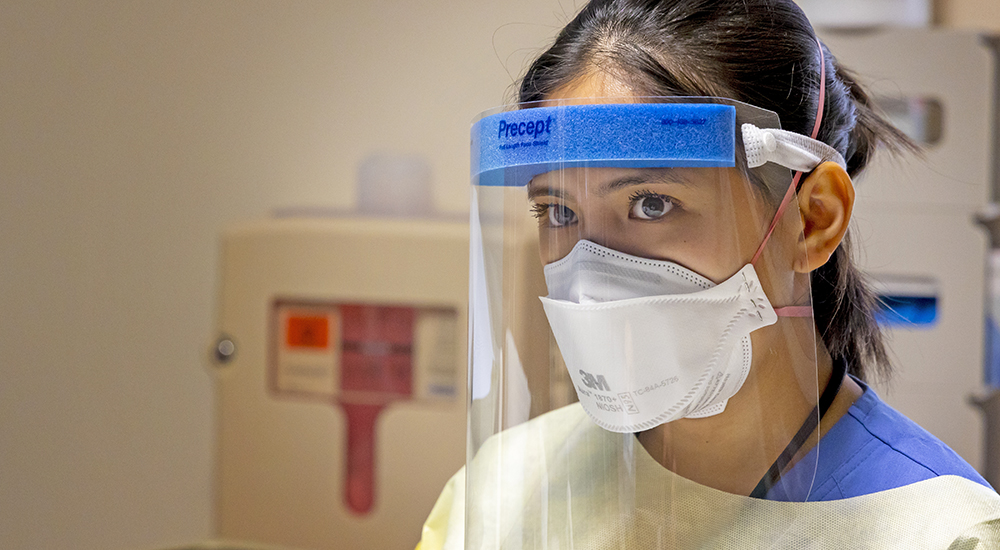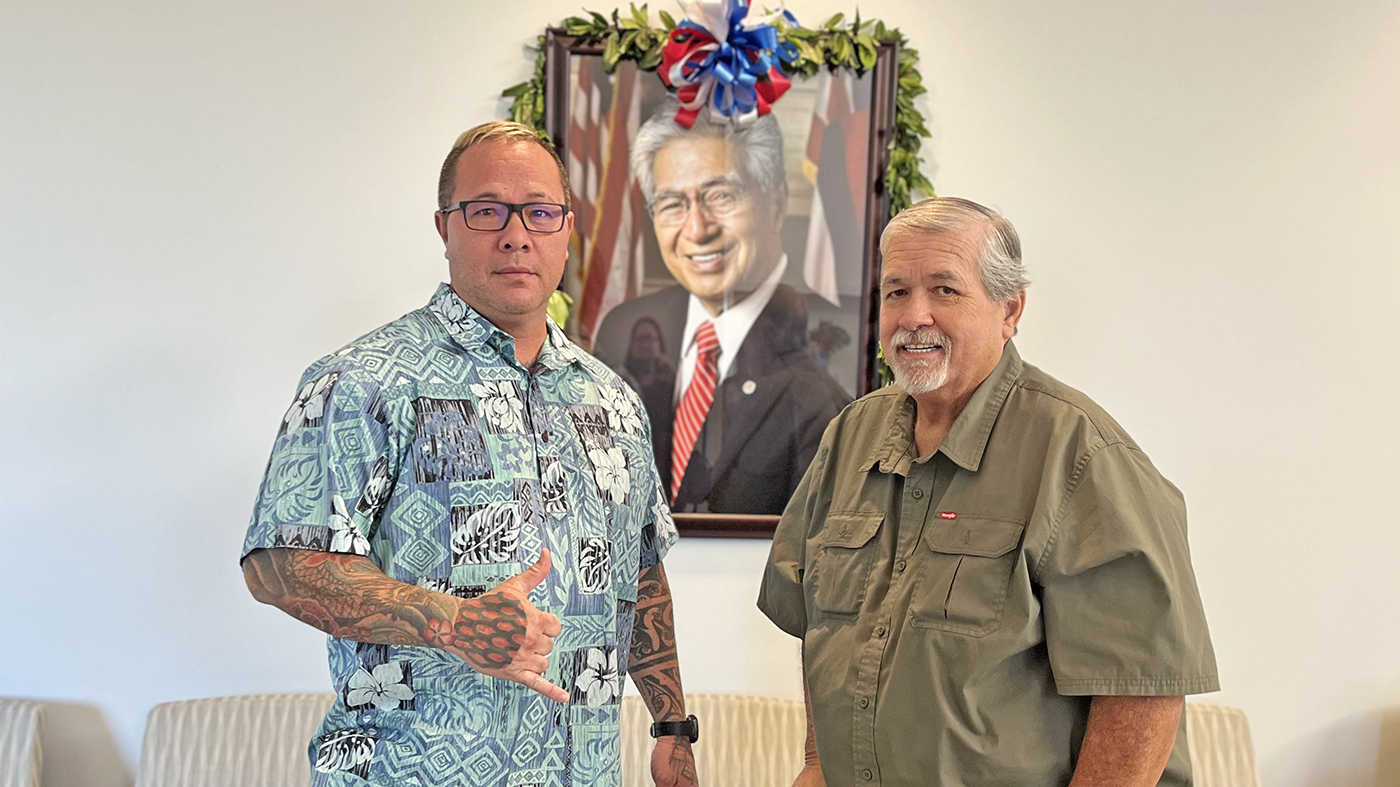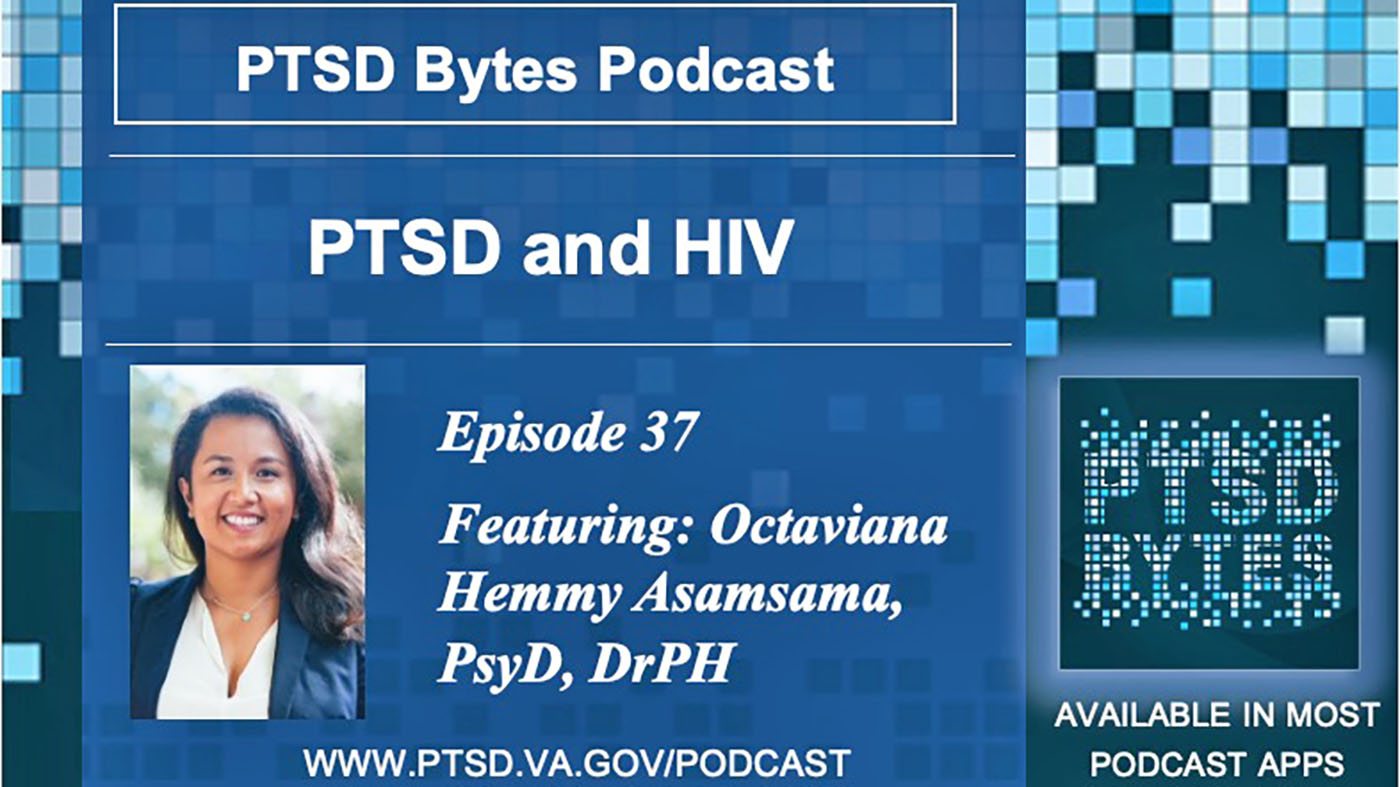When most people imagine a medical school, they may not think about VA, but nearly 70 percent of all U.S. physicians have studied at VA medical centers. More than 113,000 health care trainees learn at VA medical centers nationwide each year, including over 1,300 at Edward Hines Jr. VA in Chicago’s western suburbs.
“VA operates the largest health care training system in the United States,” said James Doelling, hospital director. “If you walk into most doctors’ offices, you’ll likely find someone who trained with VA.”
In 1946, VA established academic affiliations with medical schools and universities to care for a large influx of World War II Veterans. Today, more than 1,800 institutions are affiliated with VA medical centers like Hines.
Hines VA partnered with the War Department in 1941 and Northwestern University in 1944 to train military doctors, according to hospital records. The 1946 VA mandate allowed Hines VA to expand its affiliations.
Partnerships play a vital role
“Academic partnerships play a vital role at Edward Hines Jr. VA Hospital, which began partnering with Loyola University Stritch School of Medicine, Rush Medical College, Northwestern University Feinberg School of Medicine and Marianjoy Rehabilitation Hospital years ago, in over 30 medical specialties,” said Dr. Christina Girgis, associate chief of staff for education at Hines VA.
Loyola University is Hines VA’s largest academic affiliate. In 1962, Hines leased approximately 60 acres of property to build Stritch School of Medicine next to Hines VA’s main campus.
Today, more than 850 Loyola University Chicago residents, fellows and students learn at Hines.
Felt like a sense of duty to Veterans
“Honestly, I didn’t know what to expect when coming here, but the moment I stepped foot on this campus, I felt like I belonged here,” said Dr. Kalea Colletta, Hines VA neurologist.
Colletta started at Hines VA as a Loyola resident physician in 2014. For her, the decision to stay after graduating in 2019 was simple.
“I felt like a sense of duty to this population,” she added. “They’re just the most incredibly selfless group you’ll ever meet. I felt like I could do the best for an incredibly deserving population because I could get them cutting-edge treatments at no cost that would otherwise be difficult outside of the VA system.”
In addition to academic affiliations, VA provides its own training for numerous medical professions, including nursing, psychology, prosthetics and pharmacology.
“My work is meaningful here.”
“I had a lot of really good options but I’m glad I chose to come to Hines,” said Josiah Baker, a second-year Doctor of Pharmacy resident. Baker will stay at Hines after graduating later this year and the Veterans he serves played an important part in his decision.
“Being able to give back to the Veterans is so special. I wanted my work to be meaningful and it is here. Our Veterans are very grateful as a whole and need help,” Baker said.
VA spends more than $1 billion each year on training and education programs. According to VA’s Office of Academic Affiliations, these programs are essential to maintaining high standards of care. They’ve helped develop modern health care disciplines, including psychology, geriatric medicine, hospice and addiction psychiatry.
“Every year, we help grow the next generation of highly skilled health care providers,” said Doelling. “These men and women help us offer the best care for our Veterans and help build better care for communities across the country.”
Topics in this story
More Stories
Pacific Islands VA opens new Akaka clinic in Kapolei, bringing a variety of VA services to Oahu’s leeward side
Veterans can now navigate VA resources with confidence using the new VA Resource Navigator
In this episode of PTSD Bytes, integrated health psychologist Dr. Octaviana Hemmy discusses treatment for HIV and PTSD.






